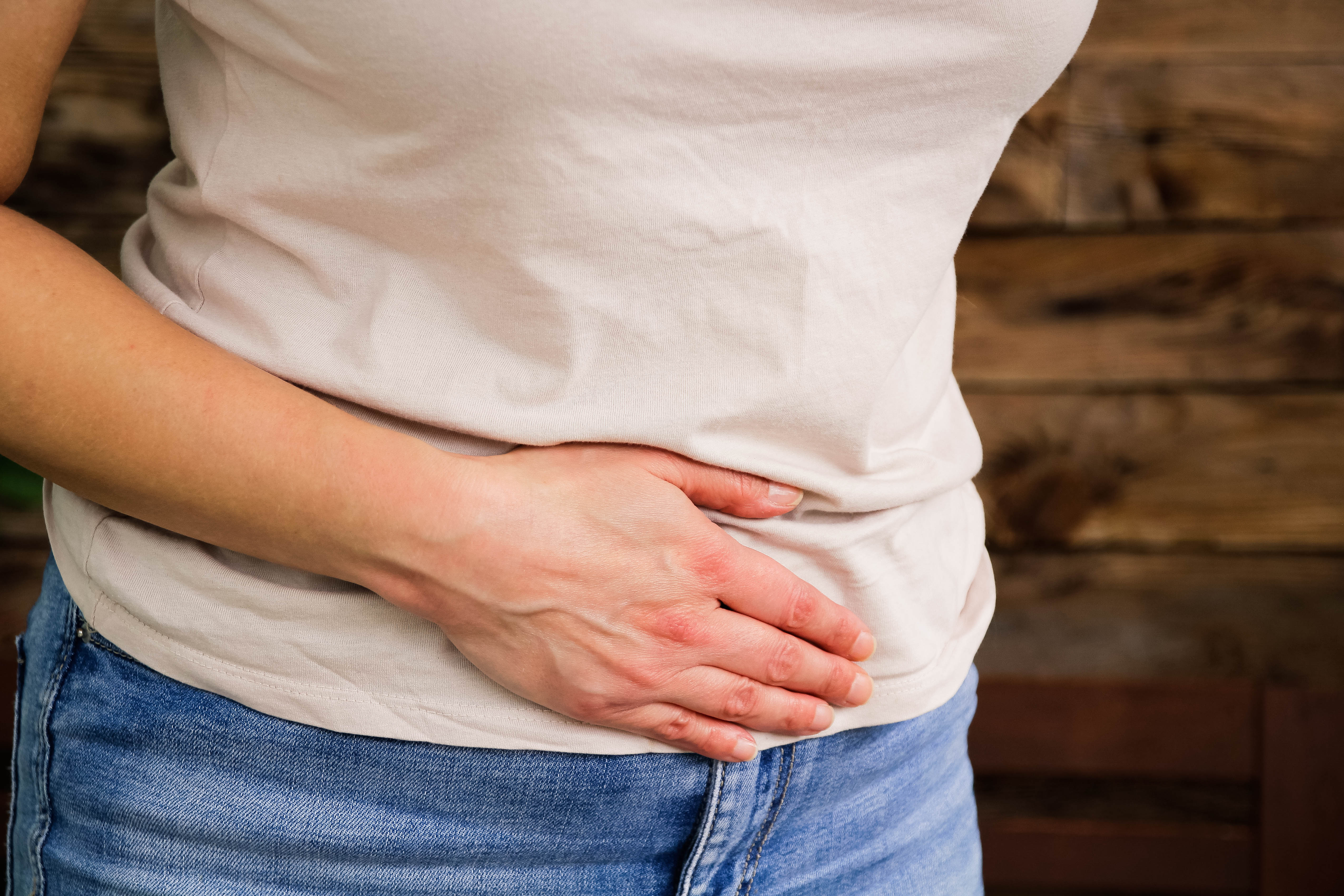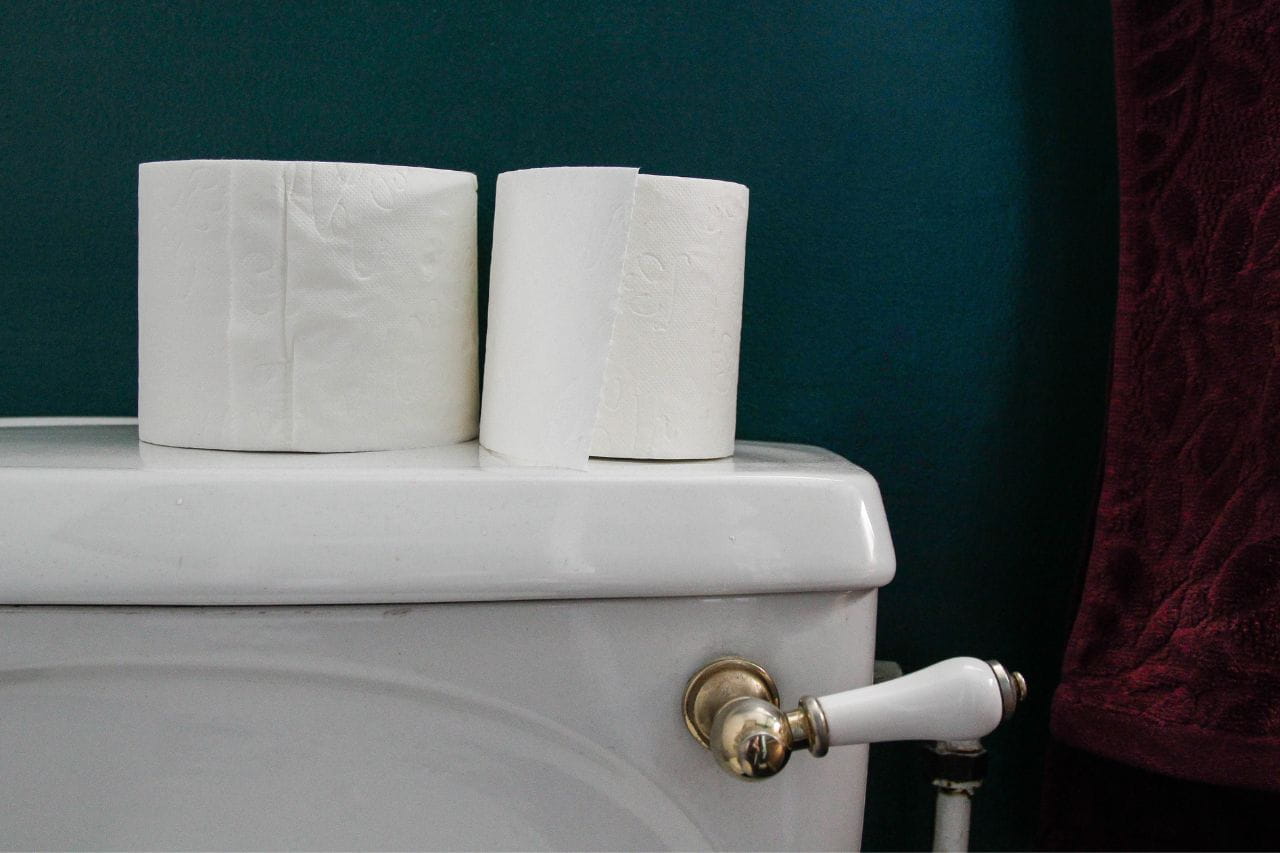Signs and Symptoms of IBS

If you experience digestive issues, you may wonder, “Do I have IBS?” IBS is short for irritable bowel syndrome. It’s a common health issue that affects the stomach and intestines.
There’s no cure for IBS. However, there are ways to reduce your symptoms and experience less discomfort. This article provides helpful information on IBS.
What Are the Symptoms of IBS?
IBS symptoms typically are present for a long time, so it’s easy to think that what you’re experiencing is normal. They include:
- Abdominal pain, often in the lower abdomen or entire abdomen, but rarely in the upper abdomen, only
- Bloating and gas
- Diarrhea, constipation, or alternating between the two
- Changes in bowel habits
- Changes in stool characteristics
- Food intolerance
- Trouble sleeping
- Fatigue
- Depression and anxiety
What Causes IBS?
IBS triggers vary from person to person, but they may include:
- Diet
- Changes in gut bacteria
- Stress
- Poor sleep
If you suffer from IBS, it’s essential to determine your triggers to avoid them as much as possible.
How Is IBS Diagnosed?
There’s no definitive test for IBS. Doctors make a diagnosis based on several factors, including a complete medical history and a physical exam.
They may also use Rome criteria, which is your self-reported experience of discomfort and pain averaging at least one day a week for three months, along with changes in bowel movement frequency and stool consistency.
Doctors also typically order various tests to rule out other medical conditions like inflammatory bowel disease (IBD) and celiac disease. This may include:
- Upper endoscopy. A flexible tube with a camera is passed down your throat to obtain images of your upper digestive tract and, if appropriate, get a tissue sample (biopsy) for evaluation.
- Colonoscopy. A flexible tube with a camera is inserted into your anus and used to examine your colon.
- CT scan. This imaging procedure captures pictures of your abdomen and pelvis that a doctor reviews to look for other causes of your symptoms.
- Stool tests. In this test, a lab checks your stool for bile acid (produced by the liver) and evidence of parasites, bacteria, etc.
- Lactose intolerance tests. A lack of an enzyme called lactase can make it hard to digest the sugar in dairy products and cause symptoms similar to IBS.
- Breath test. This test checks for bacterial overgrowth, which is more common in people with diabetes or who have had bowel surgery.
Foods to Avoid With IBS
An important part of reducing IBS symptoms is learning what foods cause them for you. Common IBS triggers include:
- High-fiber foods like fruits, vegetables, and whole grains. There are two types of fiber: insoluble (found in whole-grain foods and vegetables) and soluble (in fruits, beans, and oats). People with IBS react differently to the two fiber types, so you should try to determine if either (or both) are triggering for you.
- Gluten. This type of protein is found in wheat, barley, and rye. Gluten may cause IBS symptoms. It can also cause an immune reaction for those with celiac disease and discomfort for people who are gluten intolerant.
- Fried foods. The high-fat content in fried foods can cause IBS symptoms. Frying foods also changes their chemical composition, making digesting them more difficult.
- Dairy. Dairy products are triggering for many people with IBS, partly because of the high-fat content.
- Garlic, onions, and cruciferous vegetables (broccoli, cabbage, etc.). These foods contain substances that are difficult to digest.
- Caffeine. Caffeine in coffee, soda, and other beverages can stimulate the intestines and increase the risk of diarrhea.
- Alcohol. The way your body processes alcohol can cause digestive issues. Also, alcohol consumption can lead to dehydration, which negatively impacts digestion.
- Chocolate. Many chocolate foods are high in fat, sugar, lactose, and caffeine.
It may feel like there is almost nothing you can eat if you have IBS! However, your doctor or dietician can talk with you about a low FODMAP diet (for fermentable oligosaccharides, disaccharides, monosaccharides, and polyols) that has plenty of delicious options and can still reduce your IBS symptoms.
When to See Your Doctor About Digestive Problems
If you have persistent digestive problems or changes in your bowel habits, you should talk with your Baptist Health physician. They can help you determine if you have IBS or another health condition. They may also refer you to a gastroenterologist for testing and treatment.
In addition to recommending lifestyle changes, your provider may prescribe medications to relax your colon, increase intestinal fluid secretions that aid in passing stools, and decrease bacterial overgrowth.
IBS is uncomfortable, but you can get it under control and reduce your symptoms!



